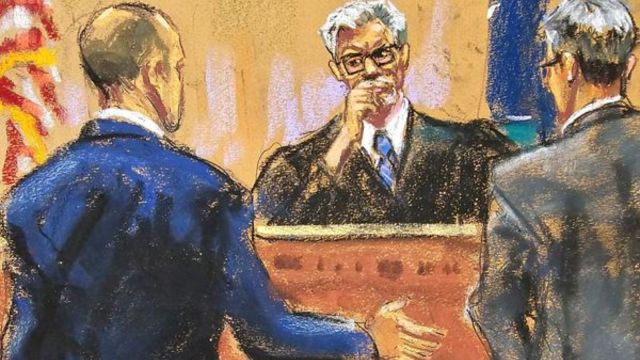Courts can’t declare courses taught at an institute as equivalent to others: Delhi High Court
Justice Shankar said that equivalence is a 'matter for academic bodies to decide' and courts 'cannot declare courses of study or the institutions from which such courses are undertaken, as equivalent to others'.
 When the BCI counsel said that the petitioner can undertake a five-year law course from any university in India, after following the admission process, the HC noted that these options are not “palatable” to the petitioner. (Reuters)
When the BCI counsel said that the petitioner can undertake a five-year law course from any university in India, after following the admission process, the HC noted that these options are not “palatable” to the petitioner. (Reuters)The Delhi High Court has refused to direct the Bar Council of India (BCI) to treat the degree of a law graduate obtained from a university in the United Kingdom, as equivalent to an undergraduate course in India.
A single-judge bench of Justice C Hari Shankar, in its May 20 order, said: “The petitioner seeks a direction to the BCI to treat the LLB (Hons) course, Bachelor of Law degree, obtained by him from the University of Hertfordshire as equivalent to an undergraduate course in India so that the petitioner can, on the basis of such declaration of equivalence, obtain entry into a three-year law course in India. It is quite obvious that this court cannot direct the BCI to provide any such certificate of equivalence.”
Justice Shankar said that equivalence is a “matter for academic bodies to decide” and courts “cannot declare courses of study or the institutions from which such courses are undertaken, as equivalent to others”.
The HC, however, noted that the petitioner had made representations to the BCI, seeking the LLB (Hons), Bachelor of Law Degree, undertaken by him from the University of Hertfordshire in UK be treated as equivalent to an undergraduate course in India. It, thereafter, directed the BCI to take a “reasoned and speaking decision” on the petitioner’s representation within three weeks from the date of the HC order, and communicate the decision to him as soon as it is taken.
The court then disposed of the plea, moved by one Vasu Sachdeva seeking a direction on the BCI to equivalent his degree as a three-year graduation course in India. He had further sought that he be allowed to take admission to a three-year LLB course in Chaudhary Charan Singh University/ NLU for a “bridge two years course”.
Sachdeva took admission in the LLB (Hons), Bachelor of Law Course, at the University of Hertfordshire in the UK in September 2018. After completing the course, he returned to India and sought enrolment as an advocate to practice in India.
The BCI informed the petitioner that in order to be qualified to practice as an advocate in India, he would have to undertake a two-year bridge course conducted by the India International University of Legal Education and Research, Goa.
The petitioner’s counsel, however, told the court that his client is in no position to afford the two-year course. When the BCI counsel said that the petitioner can undertake a five-year law course from any university in India, after following the admission process, the HC noted that these options are not “palatable” to the petitioner.







